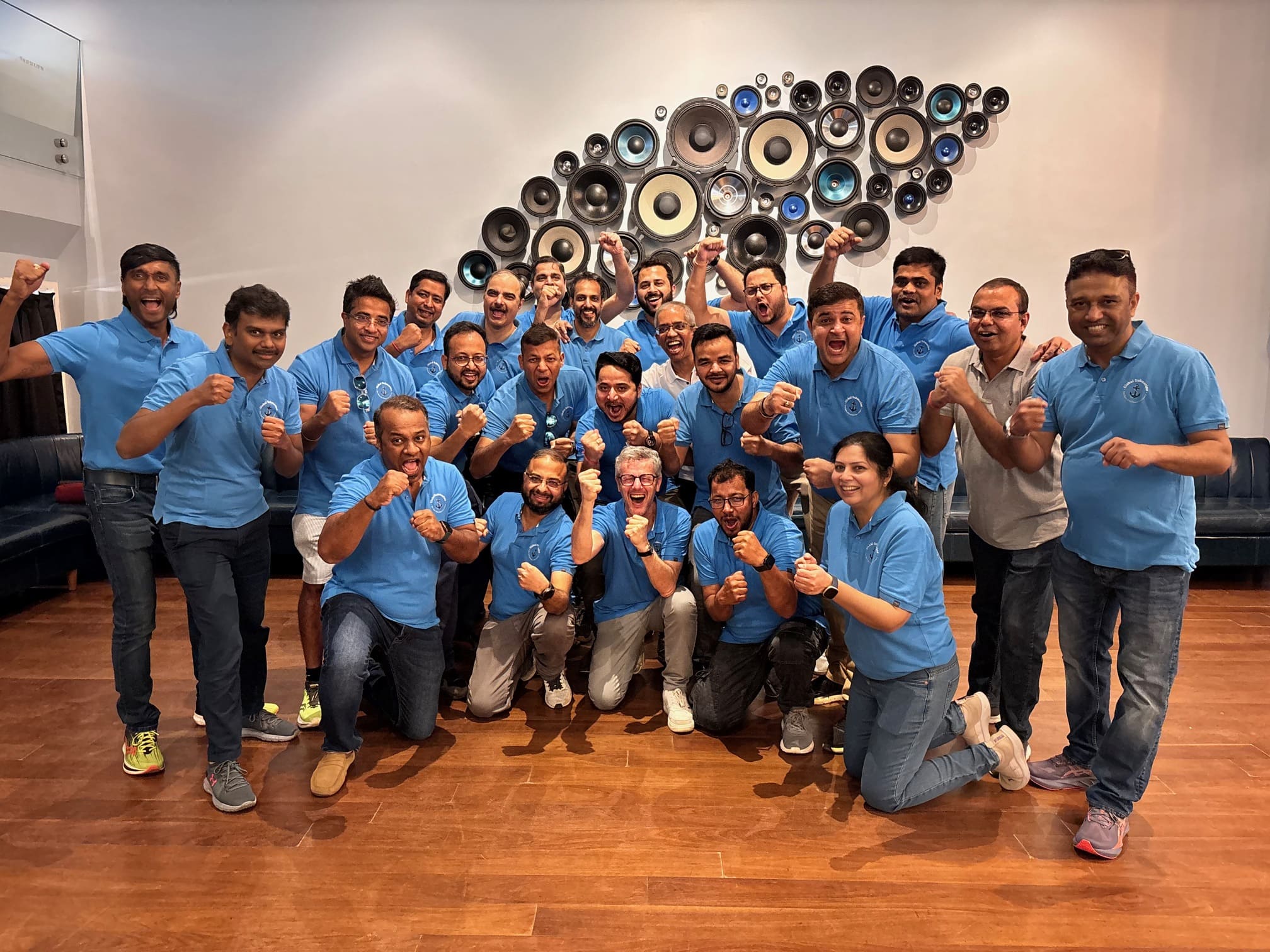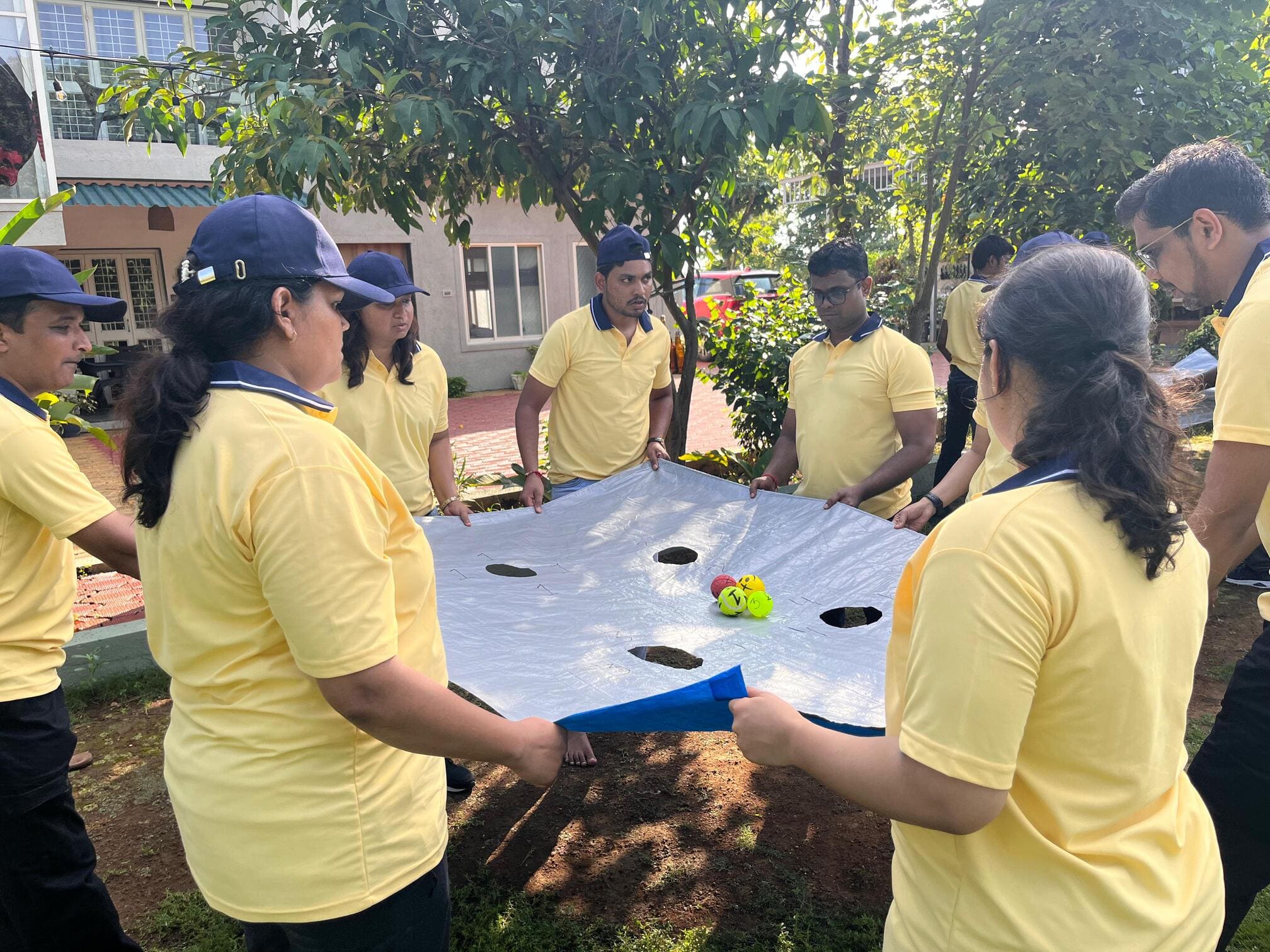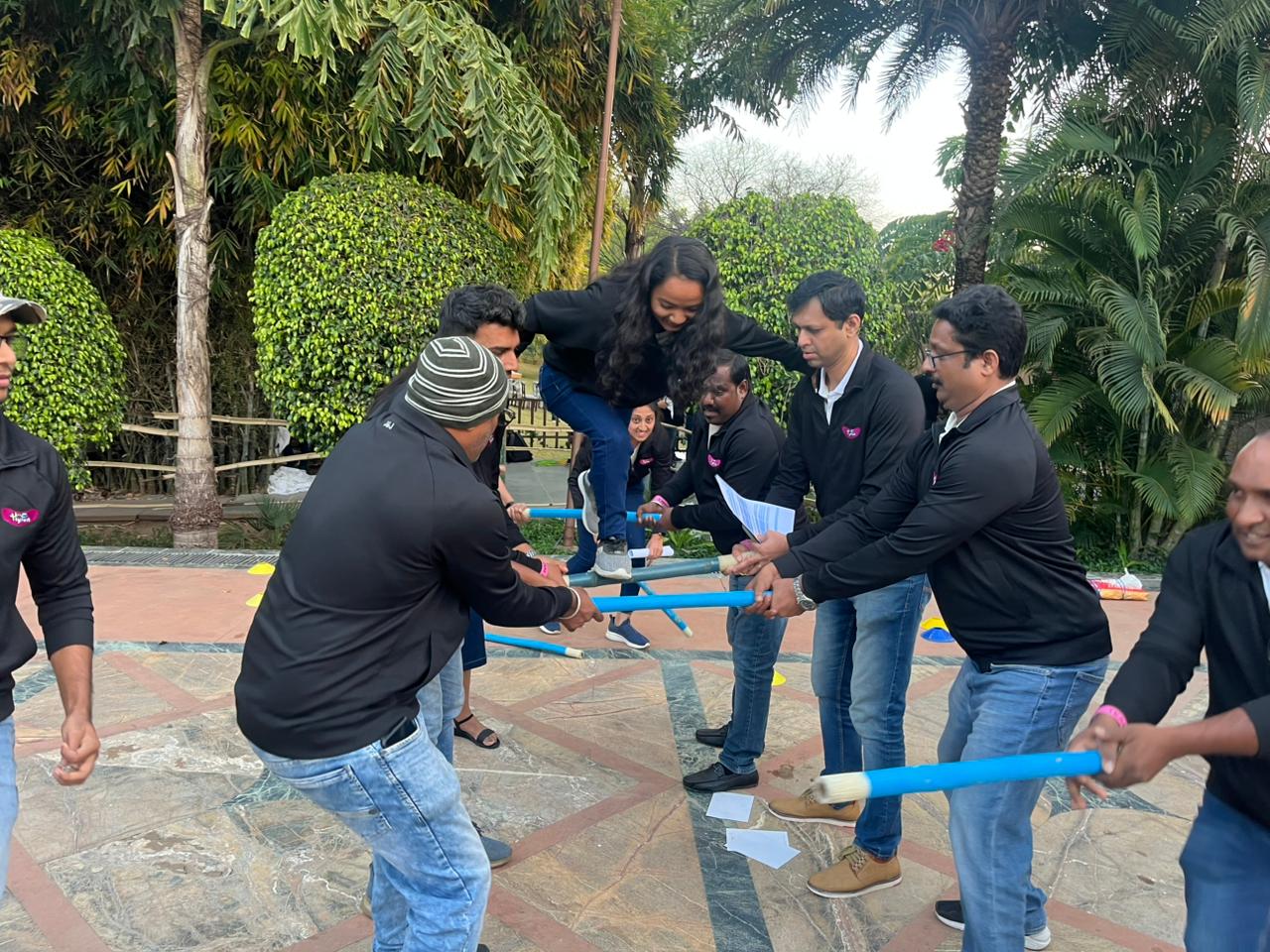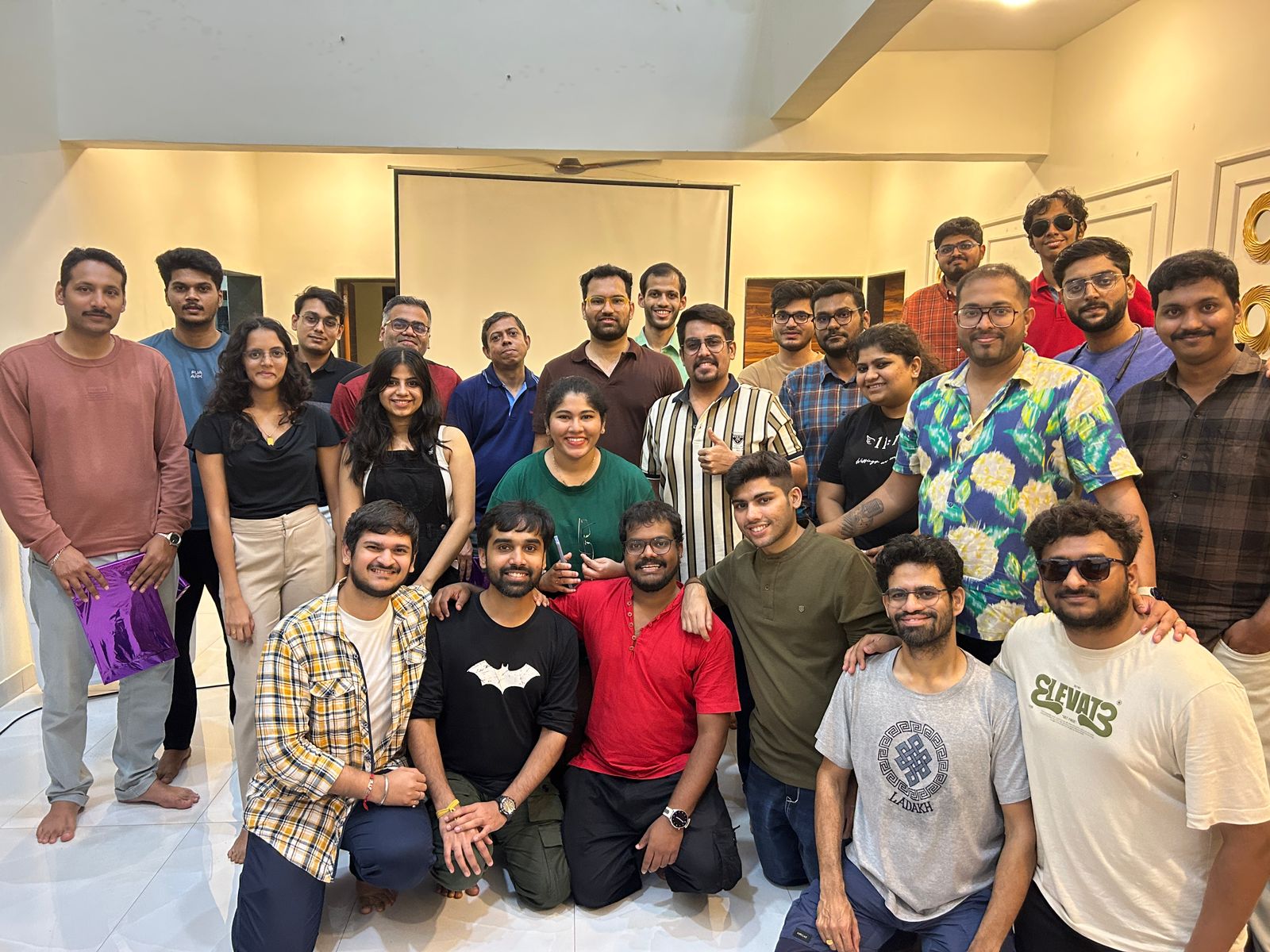
Experimental learning is the game-changer not just for any corporate training or workshops, but for any type of learning people do nowadays. According to the Forgetting Curve research, employees forget 70% of training content within 24 hours if it’s not reinforced through action. Harvard Business Review says: Only 12% of employees actually use the new skills they learn in training. Just 25% feel the training made a real difference in their work. And if we don’t use what we learn, we forget 75% of it within six days.
Most corporate training doesn’t stick; it’s like pouring water into a bucket with holes. If people don’t experience and apply what they learn, they quickly forget it.
The best solution here is “Experiential Learning”!

Experiential Learning means learning by doing. Employees build skills and knowledge through hands-on experiential learning activities and thinking about what they learned from the experience.
Credit David Kolb’s Experiential Learning Cycle:
Experiential learning ensures that employees don’t just hear concepts, they live them.

Workplace challenges rarely have a “textbook answer.” Experiential learning builds mental agility.
Teams learn together and build trust through shared experiences.

When learning feels engaging, employees invest more energy and enthusiasm.
Experiential learning shortens the time from “training” to “tangible results.”
In today’s fast-moving workplaces, just knowing something isn’t enough; what matters is how well you can use that knowledge. Experiential learning programs turn ideas into action by letting employees learn through real experiences. It turns them from just listeners into active thinkers, team players, and problem-solvers. Involving their mind, emotions, and actions, it helps them remember better and apply skills faster in real situations.
When companies embrace the advantages of experiential learning, they’re not just teaching skills — they’re building a culture of confidence, adaptability, and motivation. The benefits of experiential learning extend beyond productivity, creating a stronger and more positive workplace culture.
If you want your workforce to remember more, apply skills faster, and stay highly engaged, it’s time to invest in a powerful experiential learning program. At Corporate Compass, we design customised experiential learning activities that deliver real-world impact — boosting retention, improving problem-solving, and strengthening collaboration. Contact us today to bring the benefits of experiential learning to your workplace and watch your teams thrive.
Experiential learning is a way of training where employees learn by doing real tasks, activities, or projects, not just by listening to lectures or reading manuals.
It’s all about learning through hands-on experience.
Traditional training usually involves listening to presentations and taking notes. Experiential learning is different; it puts employees into real-life-like activities, so they can practice and use their skills right away.
Yes. Experiential learning works for all kinds of jobs — from technical roles and customer service to leadership and creative work. It can be customised to match the needs and challenges of each role.
Not really. These activities might take more planning than a regular lecture, but they help people learn faster and remember better, which saves time in the long run.
Absolutely. Small businesses can use things like role plays, team problem-solving, and hands-on projects without spending a lot of money or needing fancy setups.
Examples are things like practising real situations, acting out roles, talking about real cases, watching how others work, team challenges, learning while working, and fun group workshops.